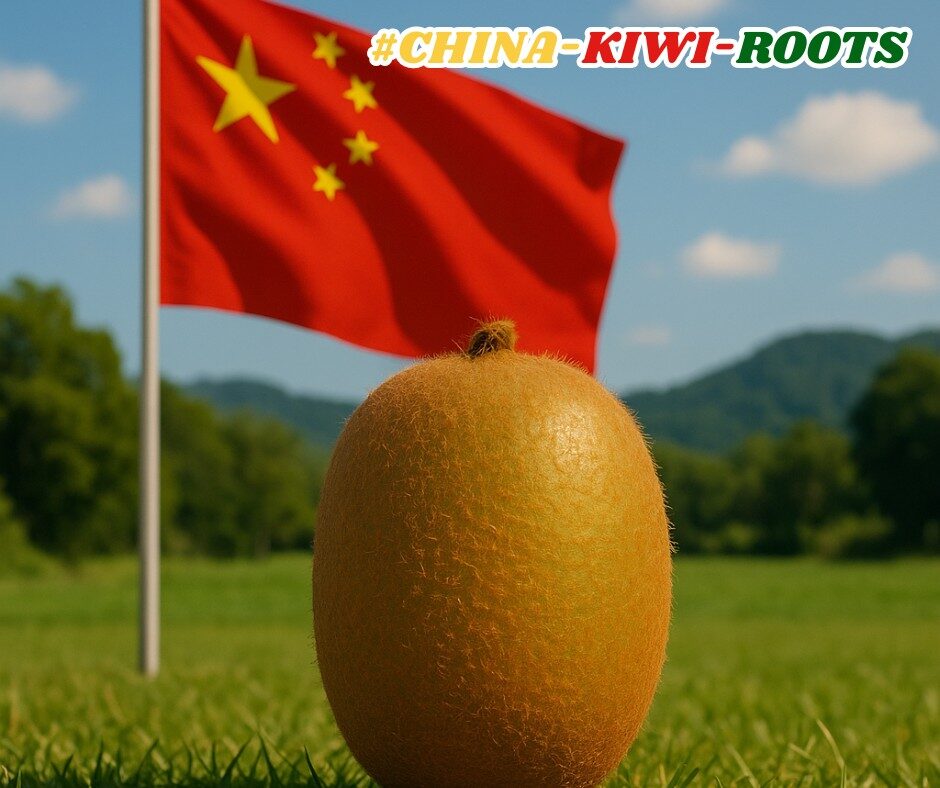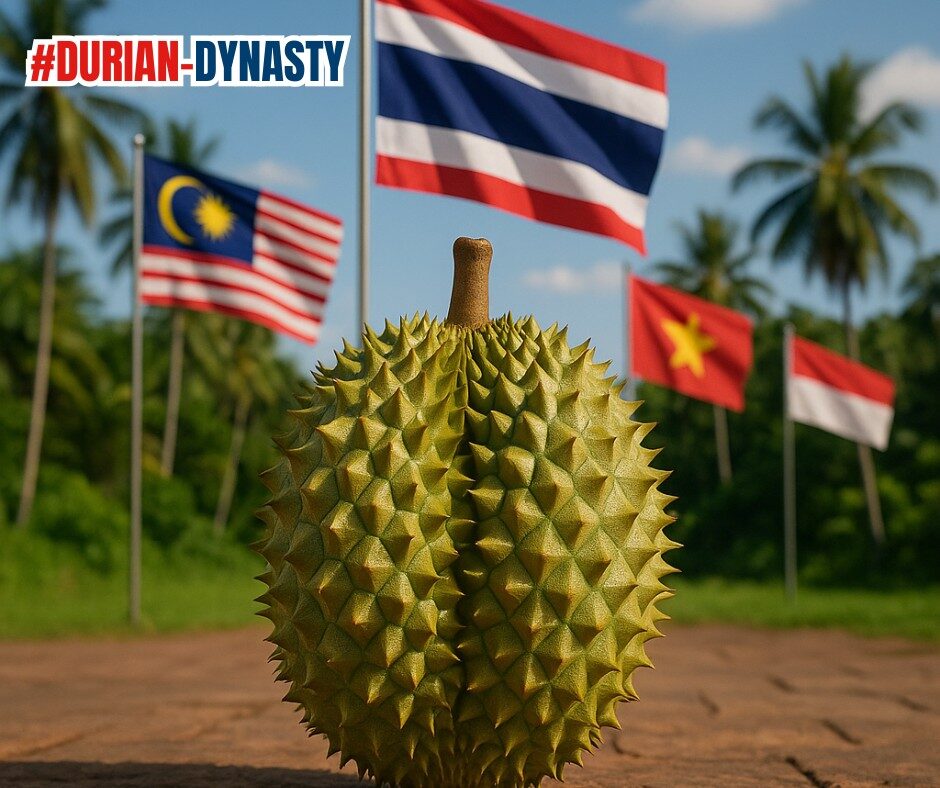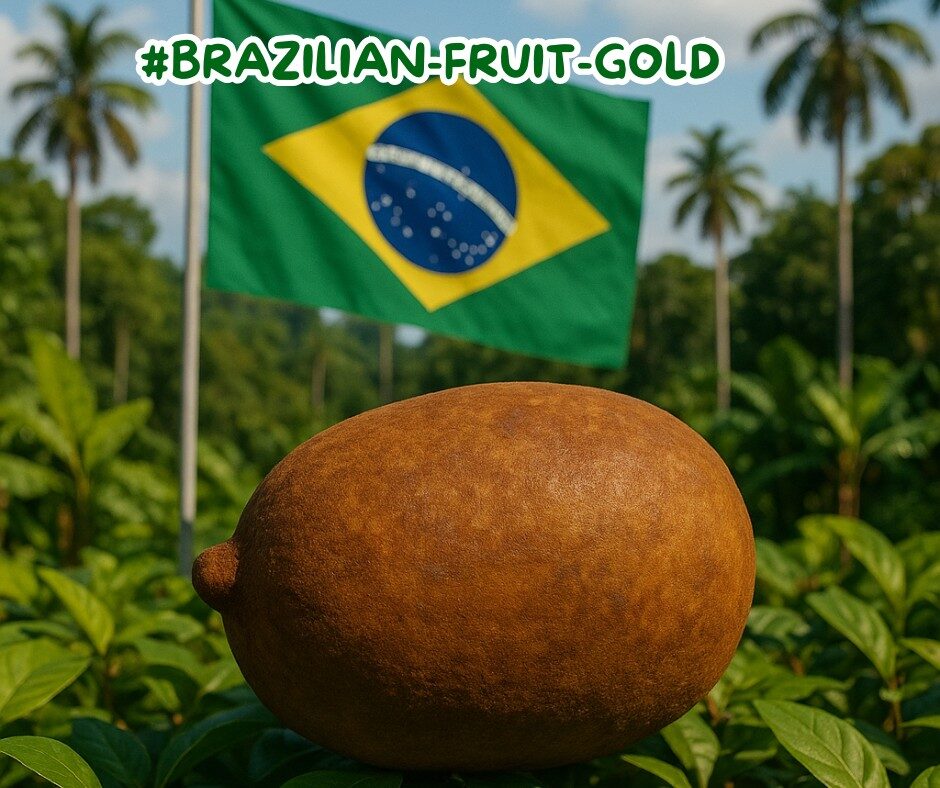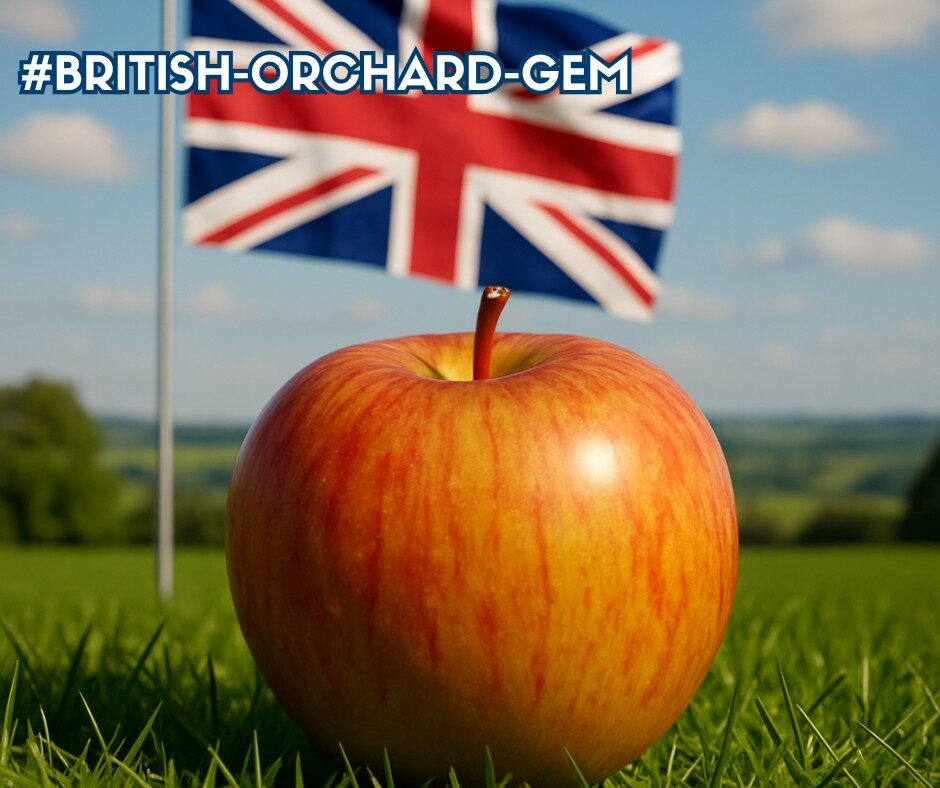by Dr. Marli Botha
The Ugli fruit also known as the Jamaican tangelo, is a citrus fruit that arose through the natural hybridization of a tangerine or orange with a grapefruit (or pomelo). The name being a variation of the word “ugly”, which refers to the fruit’s unsightly appearance, with rough, wrinkled, greenish-yellow rind, wrapped loosely around the orange pulpy citrus inside. While it isn’t really the ugliest fruit in the world, the Ugli fruit does have a rather lacklustre appearance, with thick, yellow-green skin so loose and leathery that it practically rolls out when you begin pulling it off. But don’t let its unassuming exterior fool you, because this mottled green citrus is truly delectable!
- The high vitamin C content in a serving of Ugli fruit is another health benefit. A serving of Ugli fruit contains 70 percent of the 75 to 90 milligrams of vitamin C you need each day. Vitamin C helps keep your immune system strong and acts an antioxidant to destroy free radicals, harmful substances that cause inflammation and tissue damage throughout your body. Over time, this damage can lead to chronic health problems such as cancer.
- Vitamin C is also essential for the formation of collagen, the connective tissue in your gums, muscles, skin and tissues. Collagen is also necessary for wound healing.
- Research shows that the skin of tangelos, or flavedo – what cooks call “zest” – as well as the white “pithy” part right under it, called albedo, have nearly as many nutritional attributes as the fruit sections themselves, which scientists call “carpel.”
- Another advantage of Ugli fruit juice is that it contains citric acid, which may prevent kidney stones.
- “The Health Benefits of Citrus Fruits,” a comprehensive report undertaken by Dr. Katrine Baghurst of Horticultural Australia Ltd, revealed that tangelos, including ugli fruit, contain numerous, highly beneficial micronutrient compounds. More than 4,000 polyphenols and 60 flavonoids were identified, including catechins (flavanols), anthocyanins, flavones, and flavonols.
- Depending on what types of medications are being taken, some doctors instruct their patients not to eat grapefruit because it has high concentrations of furanocoumarins; other patients increase their grapefruit intake to get more of the drug into their system. Ugli fruit, however, has been found not to contain furanocoumarins.




